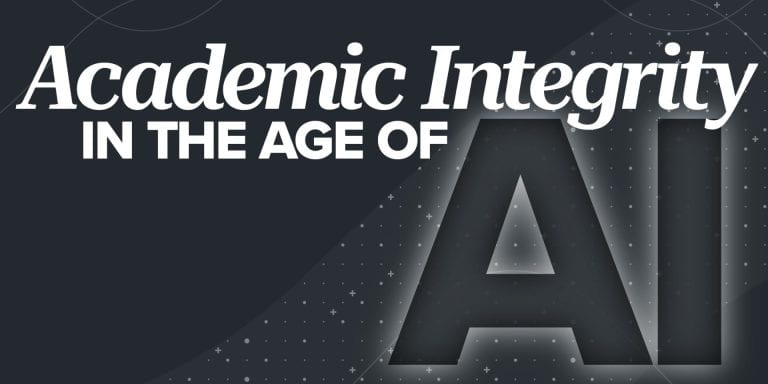Academic Integrity in the Age of Artificial Intelligence – Tuesday, October 17, 1-2pm
Sponsors: The Office of Digital Learning & the Center for Arts & Design Pedagogy (CPAD)
As technology continues to reshape the educational landscape, this session aims to provide an exploration of the many ways AI (artificial intelligence) is revolutionizing teaching and learning within higher education. Specifically, we will examine larger trends in AI and explore how Penn State is approaching the important question of academic integrity as it relates to generative AI tools. The session includes a faculty panel to discuss the importance of academic integrity, ethical challenges related to the use of AI, strategies for educating students about responsible use of generative AI tools, and ideas for designing assignments that limit the usefulness of AI resources.
When: Tuesday, October 17 1-2pm
Where: Zoom Webinar https://psu.zoom.us/j/97529488452
